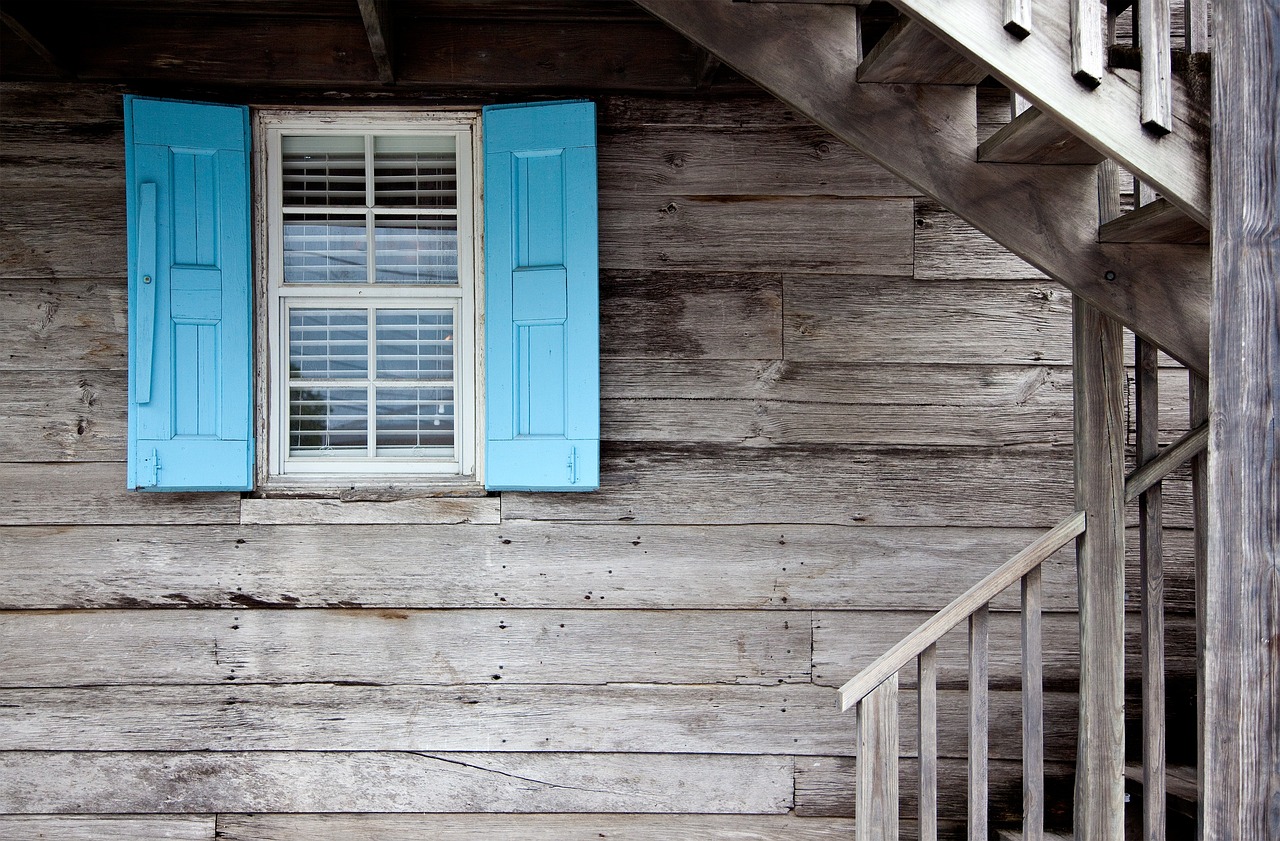Getting homeowners insurance when the house isn't in your name is a bit like borrowing someone else's car and then trying to get insurance for it. In most cases, the insurance company wants to make sure they're covering the right person and the right property.
Homeowners insurance is typically designed to protect the person who owns and lives in the home. So, if you're not the legal owner of the house, it might be a bit trickier to get homeowners insurance in your name. Insurance companies usually require the policyholder to have an insurable interest in the property, meaning they have a financial stake in it.
Table of contents [Show]
However, there are situations where you might be able to work things out
Renting a Home
If you're renting a home, you might not need homeowners insurance. Instead, you could look into renter's insurance, which covers your belongings and provides liability protection. The actual structure of the house would be the landlord's responsibility to insure.
Living with Family
If you're living with your family and the house is under their name, they might already have homeowners insurance. You might want to talk to them about adding your belongings to their policy or getting a renter's insurance policy for yourself.
If you co-own the house with someone else, you should both be listed on the homeowners insurance policy. This way, you both have protection for your ownership interests.
Named Insured
Some insurance companies might allow you to be a "named insured" on the policy even if you're not the legal owner. This could be an option if you have a financial interest in the property, like contributing to the mortgage or living there.
Remember, honesty is key when dealing with insurance. Trying to get insurance for a property that you don't have a legitimate interest in could lead to issues down the line, especially when it's time to make a claim.
So, if the house isn't in your name, it's a good idea to explore other insurance options that suit your situation. Whether you're renting, sharing ownership, or living with family, there's likely a type of insurance that can provide the protection you need for your belongings and your liability, without overstepping the bounds of ownership.








